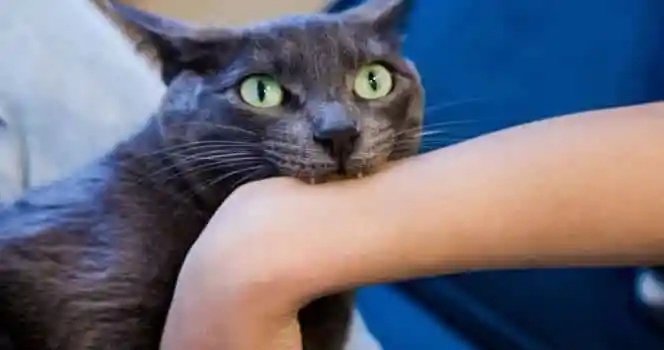Cats communicate with us in various ways, and sometimes they use their teeth to deliver important messages. Understanding why your cat might bite you can strengthen your bond and help you respond appropriately to their needs. From playful nips to more serious warnings, each type of bite tells a story about what your cat is experiencing or trying to express.
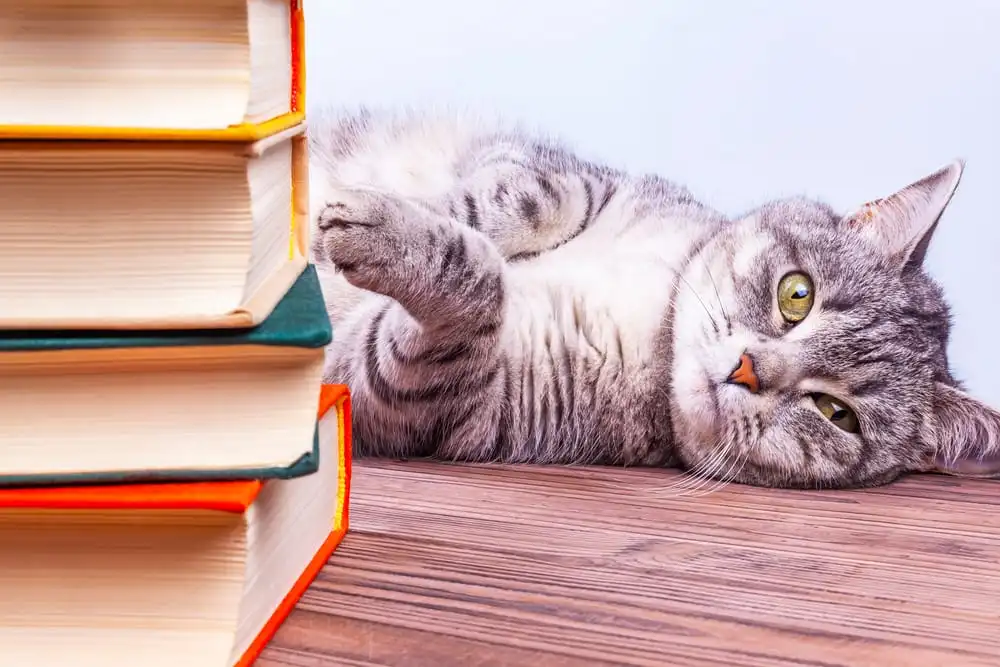
Playful biting is common among cats, especially during interactive games or when they’re feeling energetic. These bites are usually gentle and accompanied by other play behaviors like pouncing or chasing. Love bites represent another category of gentle biting where cats deliver tender nips during affectionate moments, often while purring or being petted. These are their way of showing contentment and connection with their favorite human.
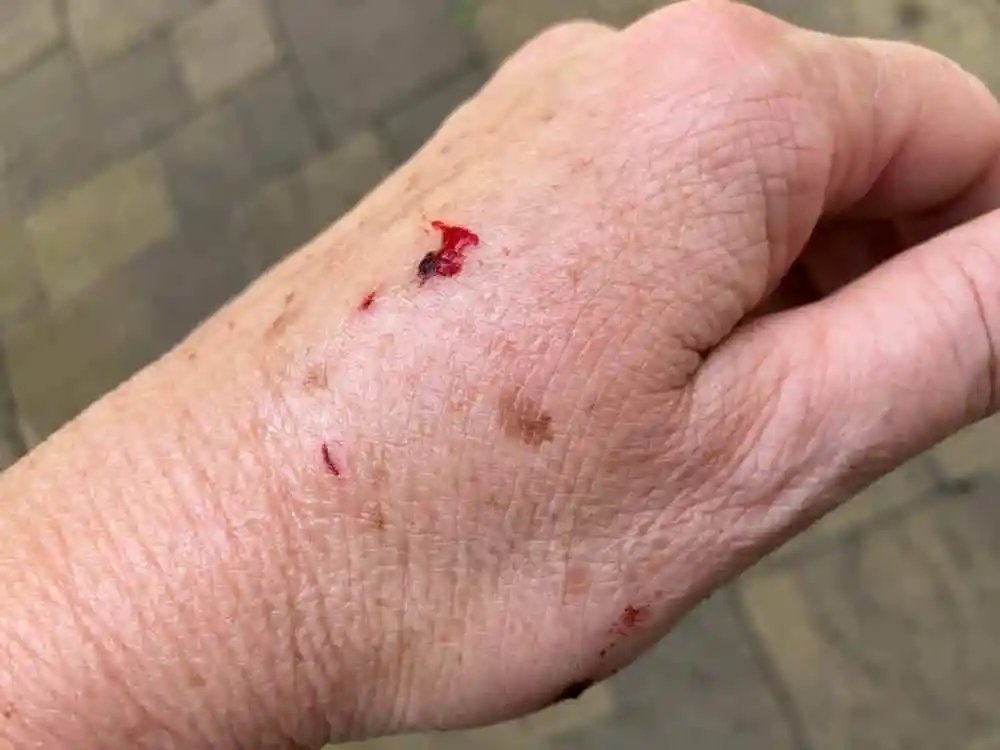
Sometimes cats bite to communicate that they’ve had enough stimulation. Even enjoyable petting sessions can become overwhelming, and a quick bite serves as their signal that they need space. Other times, gentle nibbles might indicate hunger or a request for attention. Understanding these communicative bites helps owners respect their cat’s boundaries and respond to their needs appropriately.
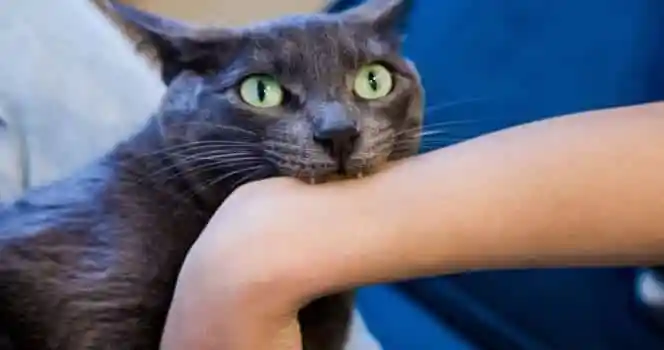
More serious bites often stem from fear, stress, or feeling threatened. Cats may bite defensively when they feel scared or cornered. Pain or discomfort can also cause unexpected biting behavior if your cat associates handling with discomfort. Territorial instincts might trigger biting when cats feel their space or possessions are being threatened. Recognizing these motivations can help prevent bites by addressing the underlying cause.
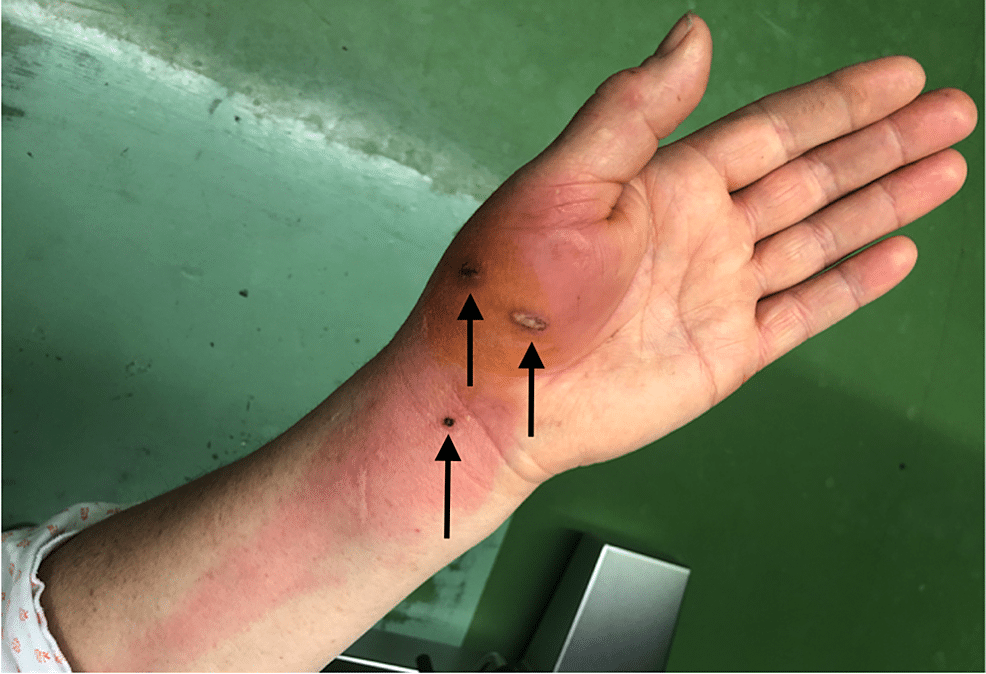
Kittens frequently bite during play as they explore their environment and learn about social interactions. While kitten bites might seem harmless, it’s important to redirect this behavior to appropriate toys to prevent it from continuing into adulthood. Teaching boundaries early helps ensure your cat develops into a well-adjusted adult who understands appropriate ways to interact with humans.
Any cat bite that breaks the skin requires proper attention due to bacteria present in feline mouths. Immediate cleaning with soap and water, application of antiseptic, and covering with a clean bandage can help prevent infection. Monitoring the wound and seeking medical attention if signs of infection appear ensures proper healing and prevents complications. Understanding why cats bite helps owners build better relationships with their feline companions while staying safe.
